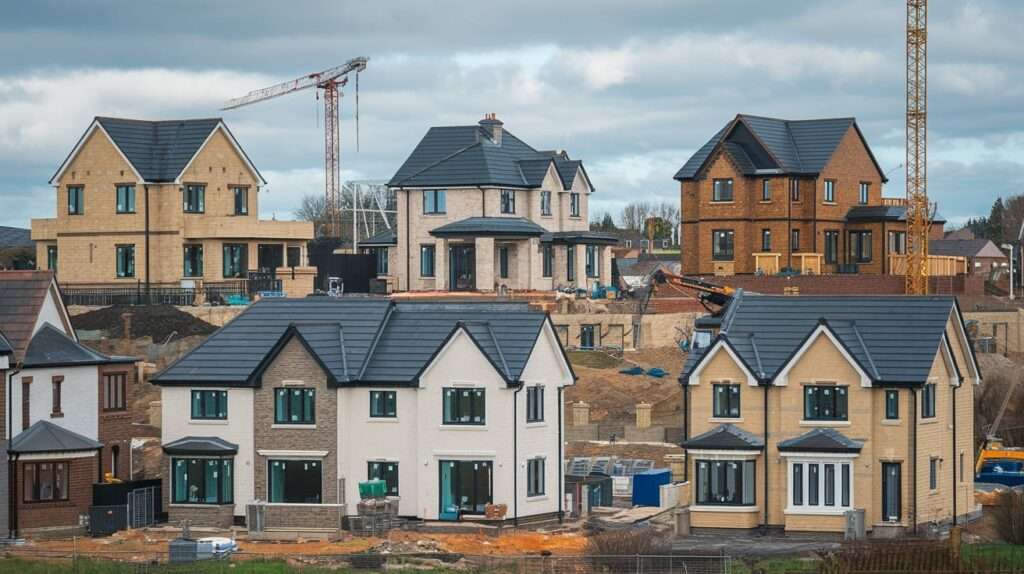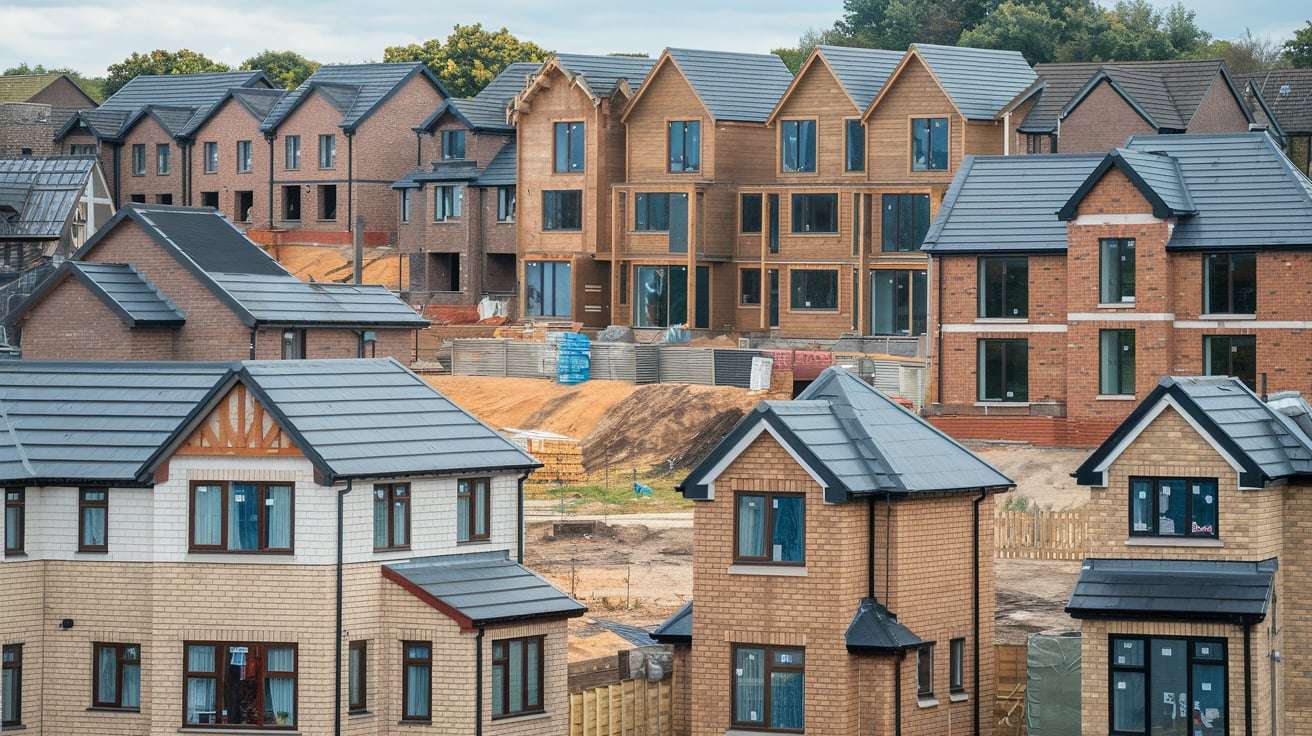Updated: 04/02/2026
When it comes to buying a home, one of the most pressing questions for potential buyers is, “Do most mortgages get approved?” Understanding the mortgage approval process is crucial for anyone looking to secure financing for their new home. In this article, we will explore the mortgage approval rate, factors that influence approval, and tips to increase your chances of getting approved.

Understanding Mortgage Approval Rates
Mortgage approval rates can vary significantly based on several factors, including economic conditions, lender policies, and the applicant’s financial situation. On average, most mortgage applications do get approved, but there are nuances to consider.
Current Trends in Mortgage Approvals
Reports indicate that mortgage approval rates hover around 70-80% for qualified applicants. This means that the majority of people who apply for a mortgage can expect to receive approval, provided they meet the necessary criteria. However, the approval rate may fluctuate based on:
- The overall health of the economy
- Interest rates
- Housing market conditions
Key Factors Influencing Mortgage Approval
While most mortgages do get approved, several critical factors play a significant role in determining whether your application will be successful. Understanding these factors can help you prepare and improve your chances of approval.
1. Credit Score
Your credit score is one of the most important factors lenders consider when reviewing your mortgage application. Generally, a score of 620 or higher is preferred for conventional loans. If your score is lower, you may still qualify for government-backed loans, but your options may be limited.
2. Debt-to-Income Ratio (DTI)
The debt-to-income ratio measures how much of your income goes toward paying debts. Lenders typically prefer a DTI of 43% or lower. A lower DTI indicates that you have a manageable level of debt, which increases your chances of getting approved.
3. Employment History
Stable employment history is another key factor. Lenders like to see that you have been employed in the same field for at least two years. This stability suggests that you have a reliable income to cover monthly mortgage payments.
4. Down Payment
The size of your down payment can significantly impact your mortgage approval. Typically, a down payment of 20% is ideal, as it reduces the lender’s risk. However, many programs offer loans with lower down payment options, sometimes as low as 3%.
5. Property Appraisal
Once your application is submitted, the lender will require a property appraisal to determine the home’s value. If the appraisal comes in lower than the purchase price, it may complicate the approval process. It’s essential to ensure that you are not overpaying for a property.
Steps to Improve Your Mortgage Approval Chances
If you’re concerned about whether your mortgage will get approved, there are several proactive steps you can take to enhance your eligibility. Here are some tips to help you secure that approval:
- Check Your Credit Report: Review your credit report for any errors or discrepancies that could negatively impact your score. Dispute any inaccuracies you find.
- Pay Down Debt: Reducing your existing debts can help improve your DTI ratio and credit score.
- Save for a Larger Down Payment: A larger down payment not only reduces your loan amount but also demonstrates your commitment to the purchase.
- Steady Employment: Maintain stable employment and avoid changing jobs close to your application date.
- Get Pre-Approved: Consider getting pre-approved for a mortgage. This process gives you a better idea of how much you can borrow and shows sellers that you are a serious buyer.
Common Reasons for Mortgage Denial
While most mortgages get approved, there are reasons why some applications are denied. Understanding these can help you avoid pitfalls:
- Low Credit Score: As mentioned, a credit score below the acceptable threshold can lead to denial.
- High DTI Ratio: If your debt payments exceed a reasonable percentage of your income, lenders may view you as a high-risk borrower.
- Insufficient Income: Lenders need to be confident that you can make monthly payments; insufficient income can lead to disapproval.
- Appraisal Issues: If the property appraisal is lower than the sale price, it can derail your approval.
Do Most Mortgages Get Approved?
Whilst most mortgages do get approved, there are several factors that influence the likelihood of success. By understanding the mortgage approval process and taking proactive steps to improve your financial situation, you can significantly increase your chances of securing that all-important loan. Remember, preparation is key. With the right approach, your dream of homeownership can be within reach!

